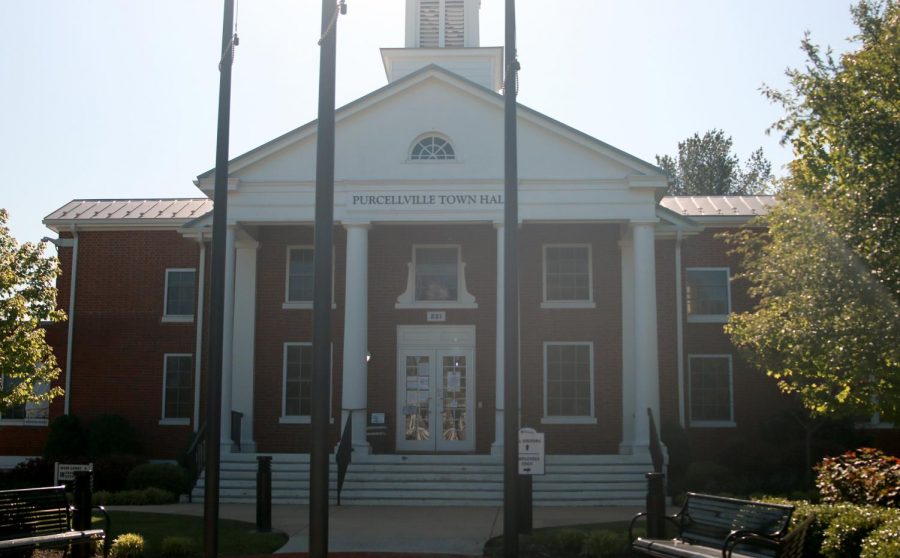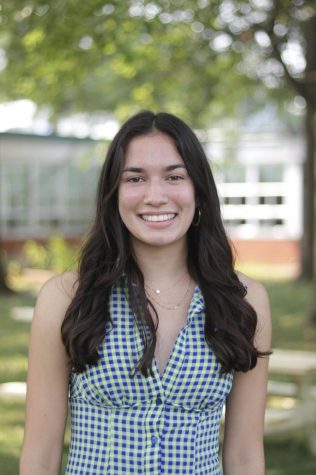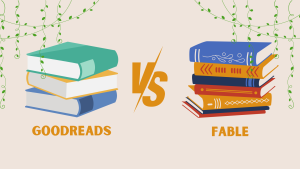DoIHaveIt: a town-wide survey to track COVID-19 spread
Purcellville Town Hall
May 22, 2020
In Virginia, Governor Ralph Northam is enforcing a state-wide lockdown until June 10, according to an executive order signed on March 30. However, non-essential businesses are allowed to open at limited capacity as of May 15th, according to the Virginia Department of Health.
In the midst of these evolving policies, the Town Council and Mayor of Purcellville, Kwasi Fraser, are hoping to garner more data about the number of people who may be ill with COVID-19, to fill in the piece of the puzzle that widespread testing would have yielded, and gain a clearer picture on how the town can move forward. The technology that will enable this information-gathering is one that other states and countries are using to identify hot zones that require increased medical attention: a survey.
Fraser said that the idea was pitched in March when the effects of the pandemic were becoming tangible in the community. He noted that an anonymous online survey was a possible avenue to quantify those concrete health impacts that might be missed.
“With the lack of testing capacity, especially for those who may show symptoms but are not very ill, I was made aware of potentially using online surveys to reach those members of our community,” Fraser said.
This quick 15 question online survey was approved unanimously by the Town Council, an action that allowed the council’s management team to start implementing the tool with the third-party vendor, the Illumina Consulting Group. IGC’s survey tool is called DoIHaveIt, and the supporting security and consent documents are available on the Town of Purcellville website.
According to IGC’s Legal Notice and User Consent form, the survey will provide CDC-approved guidelines to aid in decreasing the transmission of the virus within Purcellville.
Fraser cautions that the purpose of the tool is to provide more information on the prevalence of COVID-19 in Purcellville, and is not to be viewed as a clinical source.
“The tool does not diagnose COVID-19 and encourages those completing the survey to reach out to their doctor for professional advice,” he said.
Fraser notes that one main obstacle is undermining the effort: a lack of public awareness about the survey.
“The major challenge will be participation,” Fraser said. “We need to find the optimal placement for it on our website to draw visibility.”
Karen Herr, a Purcellville resident and Loudoun Valley parent, was unaware of the existence of this survey. However, she believes that the successful implementation of the survey could be beneficial if adequate measures are taken.
“Surveys can be useful if written correctly and without bias, and if your sample size is large enough,” Herr said.
Junior Faith Nguyen said that the surveying effort is an important step that would add to the arsenal of information needed to make informed decisions about reopening.
However, she would also like to know more about how the survey will be proliferated, and what the sample population will be. She also addressed the possibility of receiving dishonest responses.
“A concern I might have about the survey would be how honest the people are who complete the survey,” Nguyen said. “But I’m sure the anonymity factor will help ease that concern.”
The DoIHaveIt Legal Notice and User Consent form outlines how IGC is protecting the privacy of the survey respondents, including anonymity and permanent deletion of the data after a limited amount of time. The document also says that if the respondent isn’t willing to provide their zip-code, then they should not consent to the survey.
Fraser said that the information will only be available to local health and safety officials.








